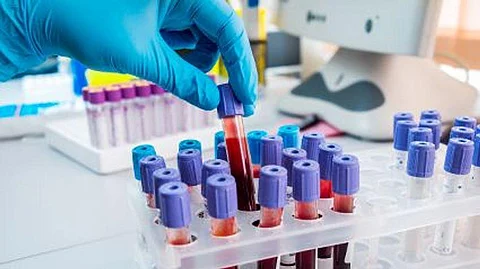WEDNESDAY, May 4, 2022 (HealthDay News) -- Antioxidants such as serum level of lutein+zeaxanthin and β-cryptoxanthin are associated with a reduced risk for all-cause dementia, according to a study published online May 4 in Neurology.
May A. Beydoun, Ph.D., M.P.H., from the National Institute on Aging in Baltimore, and colleagues examined the associations of antioxidant vitamins and carotenoids with incident all-cause and Alzheimer disease dementia in U.S. adults using data from the National Health and Nutrition Examination Surveys (1988 to 1994) linked with Centers for Medicare & Medicaid-Medicare follow-up data. A total of 7,283 participants aged 45 to 90 years at baseline were followed for ≤26 years.
The researchers found that serum lutein+zeaxanthin was associated with a reduced risk for all-cause dementia (age group 65 years and older) even in the lifestyle-adjusted model (hazard ratio, 0.93 per standard deviation), but this association was attenuated in comparison with a socioeconomic status-adjusted model (hazard ratio, 0.92). For age- and sex-adjusted models, an inverse relationship was seen between serum β-cryptoxanthin (per standard deviation increase) and all-cause dementia (hazard ratios, 0.86 and 0.86 for 45 years and older and 65 years and older, respectively); in the socioeconomic status-adjusted models, the association persisted (hazard ratios, 0.89 and 0.88 for 45 years and older and 65 years and older, respectively) but was attenuated in subsequent models. The investigators observed antagonistic interactions, indicating protective effects of one carotenoid at lower levels of other carotenoids or antioxidant vitamins.
"Extending people's cognitive functioning is an important public health challenge," Beydoun said in a statement. "Antioxidants may help protect the brain from oxidative stress, which can cause cell damage. Further studies are needed to test whether adding these antioxidants can help protect the brain from dementia."
Abstract/Full Text (subscription or payment may be required)
Editorial (subscription or payment may be required)


